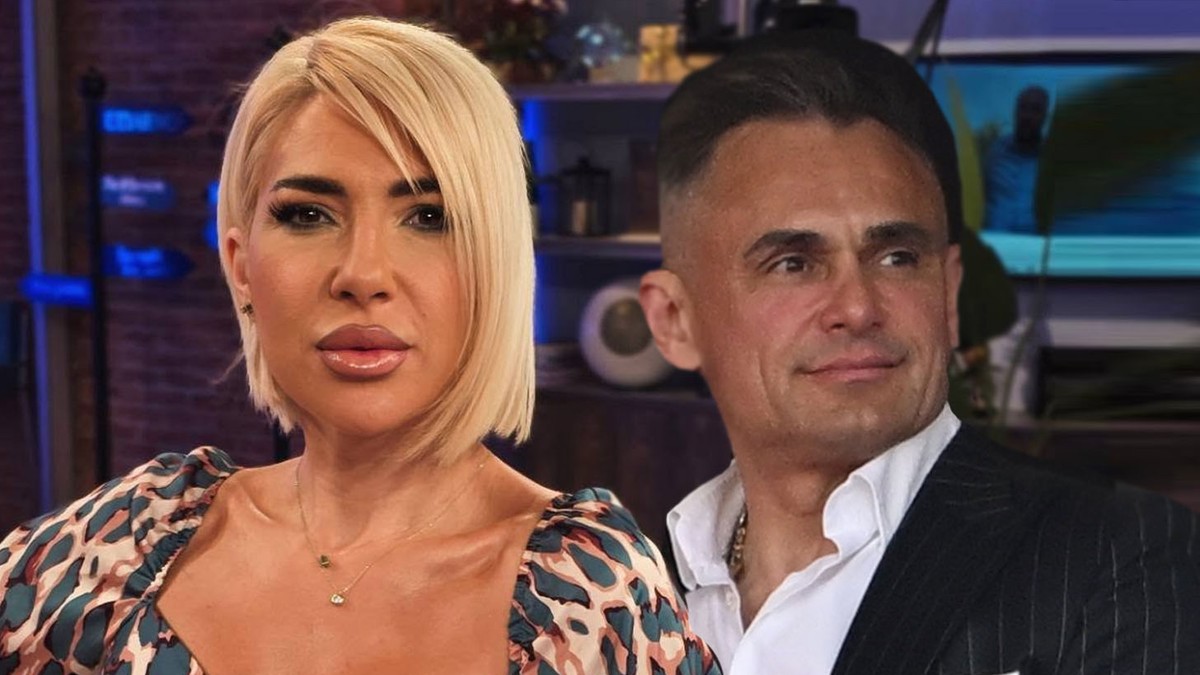Surname as a Time Machine: What Serbian Surnames Hide
Have you ever wondered what your surname really means? It’s not just a random set of letters! A surname is like a secret code that reveals who we are, where we come from, and what our families were like centuries ago. In Serbia, surnames started forming as early as the 14th century, with the most common endings being “-ić” and “-ović”. But what do they actually mean?
Ić or Ović? A Small Difference, a Big Story!
The suffix “-ić” in a surname means “little” or “young”, while “-ović” indicates “descendant of”. So, if your surname is Petrović, it means you are a descendant of Petar. But it’s not that simple! Surnames mostly originated from male ancestors, but sometimes from female ones, though less often. Some surnames come from appearance, character, or occupation. For example, the surname “Brkić” comes from the word “brkat” (mustached), and “Popović” from the occupation of a priest.
The Oldest Serbian Surnames and Their History
Some surnames are centuries old! Radogostić, Zarubica, Trzin, Hreljić, Bujak – these are some of the oldest Serbian surnames preserved in medieval documents. Interestingly, surnames often originated in warrior societies and bore names of animals like wolf, bear, or dragon, meant to protect the bearer from evil forces.
Funny Surnames with Serious Stories
Did you know there are surnames that sound funny today but had completely different meanings in the past? The surname “Gaće” is not related to underwear but to a type of pants called čakšire. “Karagaća” referred to a person who wore black pants. And what about “Kurajica”? It’s a Proto-Slavic word for rooster, which over time gained a different meaning.
There are also surnames with unpleasant origins, like “Žugić”, derived from a word for larvae that eat dry meat, metaphorically meaning a spiteful person.
Surname as a Family Story and Identity
A surname is not just a label but a connection to ancestors and tradition. Some surnames originated from occupations, such as “Samardžić” (craftsman), “Moler” (painter), “Popović” (priest). Others are linked to places of residence, like “Vojvodina”, “Bosanac”, or “Crnogorac”.
In some regions, surnames had a warrior function – to scare enemies. For example, the surname “Jovanda”, derived from the name Jovan, sounded strong and fierce, while “Jovica” was an insult.
Why Is It Important to Know Your Surname’s Origin?
Knowing the origin of your surname helps you understand your roots and history. It’s not just fun; it’s a way to connect with the past and learn more about your ancestors. You might be surprised to find out your surname is linked to an interesting occupation, place, or even an animal!
Conclusion: A Surname Is Not Just a Name, It’s a Story!
Next time someone asks what your surname means, tell them the whole story – from the Middle Ages, through warrior societies, to funny and unusual meanings. A surname is like a time machine that takes us to the past while connecting us to the present.
So, what about you? What’s your surname and what story does it hide? Maybe it’s time to uncover these secrets together! Drop a comment below, and who knows, we might be surprised who’s whose descendant and who has the weirdest surname! 😉





















